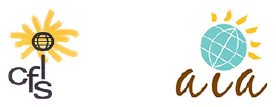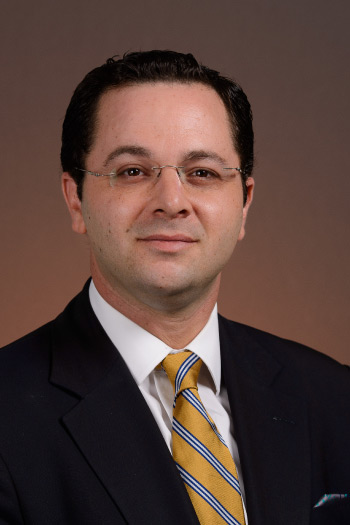Dr. David Siroky, Arizona State University
February 28, 2016
As Georgians – and now Ukrainians – are keenly aware, the real security risk to countries in Russia’s “near abroad” is not a direct armed conflict with the Russian armed forces, but the threat of Nelineinaia voina, or Non-linear war. Non-linear war is neither new nor uniquely Russian. Nonetheless, if this form of conflict is indeed on the rise, then it behooves us to improve upon our currently rudimentary analytical understanding of it. NATO will station heavy US weaponry on the territory of ex-communist countries for the first time ever, but that will not be sufficient. This talk considers what we know about non-linear war and what we do not yet appreciate, and tries to bring some relevant social science theory to bear on this pressing policy problem. Dr. Siroky will analyze the core components of non-linear war, explain why it matters, along with its limits, and discuss possible responses that Georgia, Ukraine and the United States can take against it.
Dr. David Siroky is Assistant Professor of Political Science in the School of Politics and Global Studies at Arizona State University, where he is a core faculty member of the Center for Social Dynamics and Complexity and a faculty affiliate of the Center for the Study of Religion and Conflict, the Melikian Center for Russian, Eurasian and East European Studies and the Center on the Future of War. He received his Ph.D. in Political Science and M.A. in Economics from Duke University and was then the Henry Hart Rice Postdoctoral Fellow at Yale University before arriving at ASU. His research appears in Comparative Political Studies, Comparative Sociology, Defense and Peace Economics, Democratization, European Political Science Review, International Organization, Nationalities Papers, Political Analysis, Politics and Religion, Polity, Post-Soviet Affairs, Problems of Post-Communism, Security Studies, Social Science Quarterly, Statistics Surveys, and elsewhere. In 2013, he was named Distinguished Professor of the Year in Political Science at ASU. He has received competitive external grants as PI and co-PI from the US Department of State and the National Science Foundation.
Supported by New Mexico Humanities Council, Sandia National Labs, Haverland Carter Lifestyle Group and the Albuquerque Journal

